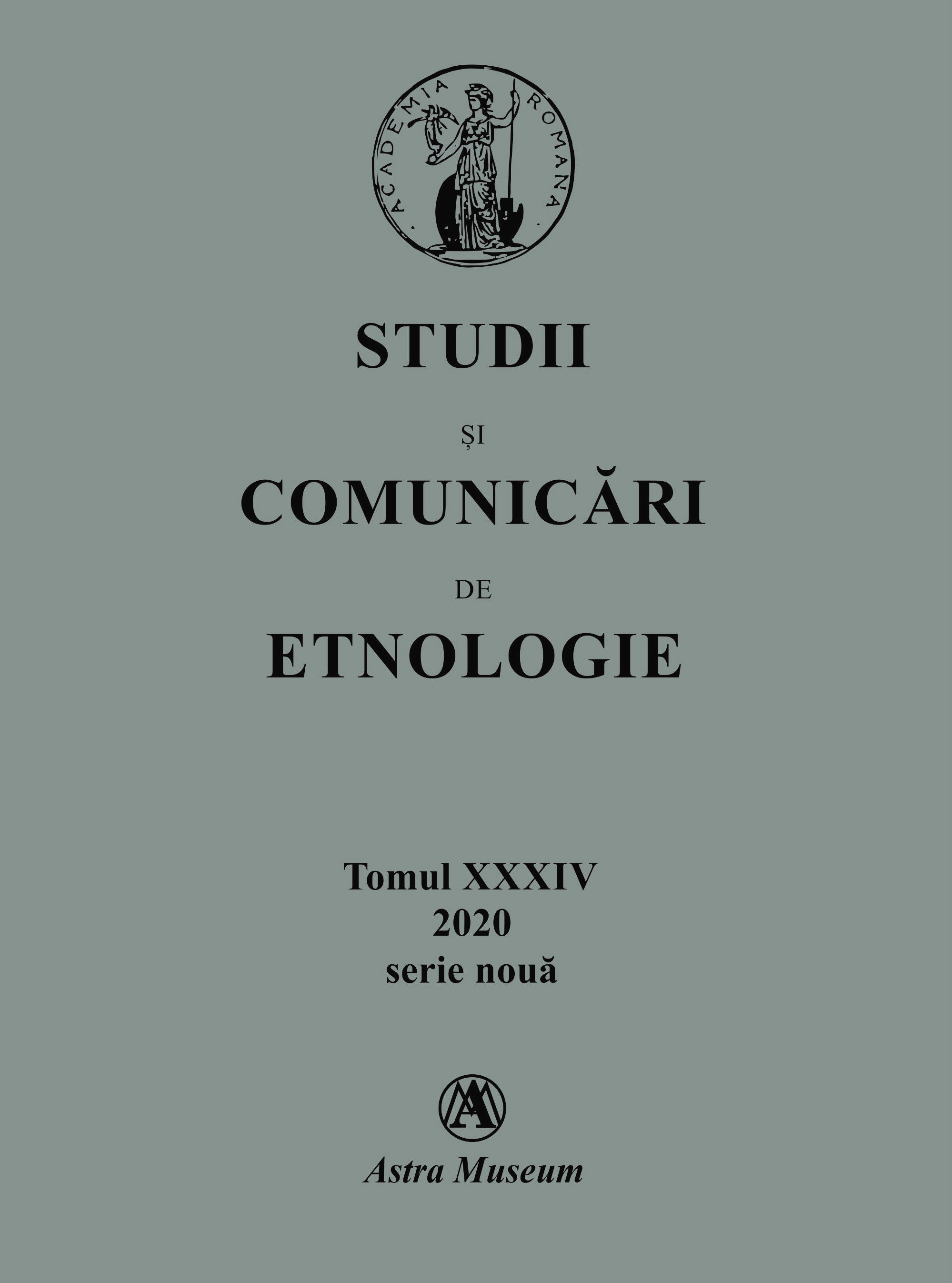Autoetnografia ca rezistenţă politică la comunism.
Studiu de caz: caietele secrete ale lui Aurel Bălan
din Hârseni, Braşov
Die Selbst-Ethnographie als politischer Widerstand gegen den Kommunismus. Fallstudie: die geheimen Hefte von Aurel Bălan in Hârseni, Kreis Braşov
Author(s): Corina PavelSubject(s): Anthropology, Oral history, Political history, Social history, Post-War period (1950 - 1989), Source Material
Published by: ASTRA Museum
Keywords: ethnograpy; folk etnographer; ethnographic genre; public/ hidden texts; political resistance;
Summary/Abstract: Considering ethnography as a public both process and results (written monographies, essayes, video or audio products), we can admit the fact that a private ethnography exists, too. In most of examples, the politics conduct toth is process. More often hidden, as a constitutive threat to the official power, beeing a subversion of imposed reality, those texts were never made public at their time, in order to avoid a danger for the one who wrotet hem, and for the community, also. Described also as „native anthropology” (by Bernard and Salinas, in 1989), auto ethnography is when a member of a cultural group describe his own group (autoethnograpy), as an untrained „folk ethnographer” (like Badea Cârțan was, for example).Wich are the implications of private folk ethnography, as an accurate depiction of cultural, social and above all, political conditions – there is a discussion to make. Autoethnography secrecy deprive ethnographer of his voice and his work of its political power, at that time when it was produced. But, for future, those documents are precious evidences. Political changes of regim make possible that people regain his voice and that why, in our case, postcommunist anthropology must integrate into its own canon, among all ethnographic genre, those indigenous accounts – folk ethnography (autoethnography), biography and autobiography and incorporate works „with a political resistence initial impetus” (as R. Rosaldonoticed, in 1989), created at that time purpose fully to elude official authority. In the worst epoch of Ceaușescu regim, a pensioned and nearly blind former employe of a village collective farm cooperative, near Făgăraș town, wrote over fifty volumes of family histories, autobiography, poetry and between them a large number of anticommunist poems, an accurate critique of socialist system. Firstly known only to his family members, his work was hidden in a fake window, in the basement of the family house, in order to prevent being discovered by the authorities. This unknown heroic autoethnographer died in May 1989 and, since Ceaușescu’s fall, his hidden work can be now discovered.
Journal: STUDII ŞI COMUNICĂRI DE ETNOLOGIE
- Issue Year: XXXIV/2020
- Issue No: 34
- Page Range: 164-172
- Page Count: 9
- Language: Romanian
- Content File-PDF

